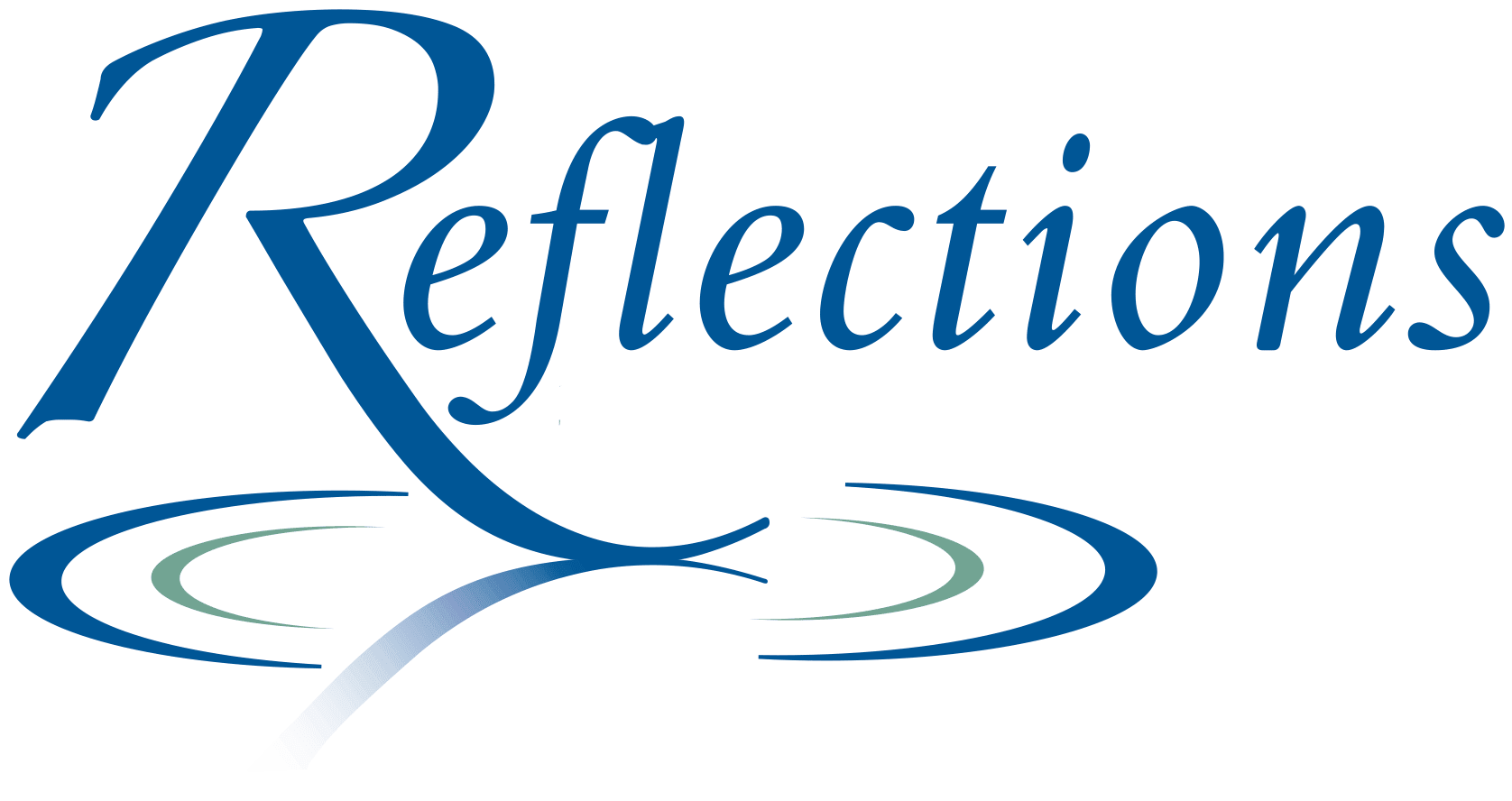Are you conscious of GDPR compliance regulations? If not, don’t worry it’s not easy as GDPR is such a complex and evolving piece of legislation. It is all about data protection. It is about providing customers with control over their personal data and making sure that they are safe in the storage of personal data. It doesn’t matter if you’re just beginning to learn about GDPR or are looking to find out more about the requirements from companies worldwide.

HIPAA (Health Insurance Portability and Accountability Act) and GDPR (Global Data Protection Regulations) are two abbreviations that healthcare professionals and companies that handle personal data should be aware of. HIPAA (Health Insurance Portability and Accountability Act) is a US law that governs the use and disclosure of patient’s personal health information. The General Data Protection Regulation (GDR) is an EU law that applies to any business that handles personal data from EU citizens. The regulations are different in scope but they all have the same aim of protecting personal data privacy and security.
Important Reasons for being HIPAA and GDPR compliant
For many reasons, compliance with HIPAA/GDPR is crucial. In the first place, it helps to protect sensitive information from unauthorized access, disclosure and misuse. For example, healthcare professionals might have sensitive medical data that could be used to perpetrate identity theft and medical fraud. Companies that handle personal information such as addresses, names, emails addresses, and other data that could lead to identity theft, fraud or phishing are liable to the GDPR.
In addition, the regulations must be adhered to. HIPAA regulations apply to healthcare professionals, health plans and healthcare clearinghouses. HIPAA violations could lead to civil or criminal charges as well as damage to a healthcare provider’s reputation. The GDPR also applies to all businesses handling the personal data of EU residents, regardless of place of operation. Failure to comply could result in harsh fines , or even legal action.
In the end, ensuring compliance with these regulations can help increase trust between patients and customers. Patients and patients are concerned about privacy and security when it comes to handling personal information. Conformity with HIPAA regulations and GDPR regulations can show that a company values data privacy and security , and is committed protecting personal data.
HIPAA and GDPR Compliance The Key Requirements
HIPAA Regulations and GDPR have several requirements that businesses should be aware of. HIPAA covers covered entities that need to protect electronic protected health information (ePHI) from unauthorized access, use, disclosure, or destruction. This means that they must implement physical, technical and administrative safeguards to secure ePHI from unauthorised access and use or disclosure. In the event of security breaches or incidents any covered entity should have policies and procedures in place.
GDPR requires that individuals give explicit consent for businesses to collect and processing their personal data. Consent must be given freely, unambiguously written down and precise. The GDPR demands that companies provide individuals the right to be able to access, rectify or erase their personal data. Companies must also take the necessary organizational and technical steps to ensure the security of personal information.
HIPAA and GDPR Compliance Best Practices
Businesses must follow best practices in order to meet the HIPAA/GDPR regulations. A few best practices are:
Examining the risks: Businesses must conduct periodic risk assessments in order to determine the integrity, security, or accessibility of personal information. This can help identify potential vulnerabilities and establish appropriate safeguards.
Access controls Limits on access: Only authorized employees should be granted access to personal data. This can include strong passwords and multi-factor authentication. Access controls should be based on the lowest privilege.
Training employees: Employees must be educated about privacy concerns for data. This can help prevent accidental or intentional data breach.
Incident response plans must be developed by organizations to handle security breaches and incidents. This could include selecting a response group, establishing communication protocols, and organizing regular drills.
HIPAA and GDPR compliance is critical for businesses that handle personal data. These laws safeguard sensitive information from unauthorized access and disclosure and abuse and demonstrate the commitment to data security and privacy. Businesses can be compliant with these laws by following best practices for conducting risk assessments, establishing access controls, educating employees, or creating incident response plans.
For more information, click HIPAA Compliance News and Advice
